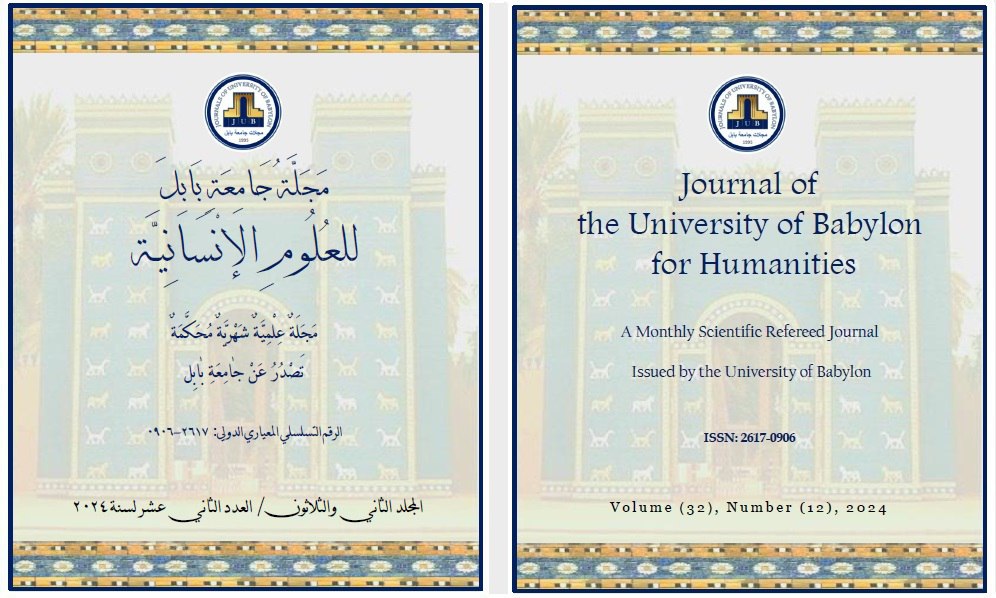Proscribed Marriages in Iraq and Egypt in the Ancient Times
Main Article Content
Abstract
During ancient times, Iraqi and Egyptian societies did not accept many of the abhorrent acts that were prohibited by laws and were rejected by the customs and traditions that were prevalent at that time, including the marriage of a son to his mother or the marriage of a father to his daughter, and anyone who did that was punished by expelling him from the borders of his city. It also prohibited a man from having sex with his son’s wife and made the punishment for anyone who did that death by tying him up and throwing him into the river, or the marriage of a sister to her brother, which was strictly prohibited in Iraq and was permitted by the ruling class in Egypt, unlike the general public who refused such a type of marriage among themselves. Customs also required that a woman not marry someone who was below her social, economic and functional level in order to preserve the competence between the husband and wife and so that things would be straightened out by not being arrogant to her husband and the man could apply the guardianship that God had given her. In addition to staying away from the issue of marrying young girls in order to preserve the woman’s health and psychological and family stability and waiting until she reached adulthood so that she would be able to raise her children, preserve her family and be able to perform her duties towards her husband. The ancient Iraqi society also required the completion of Marriage with a document that serves as an official contract, and the marriage is not invalid and the woman does not have the right to demand any rights, which is something that the Egyptians implemented in a relatively later period.
Article Details
Issue
Section

This work is licensed under a Creative Commons Attribution 4.0 International License.

